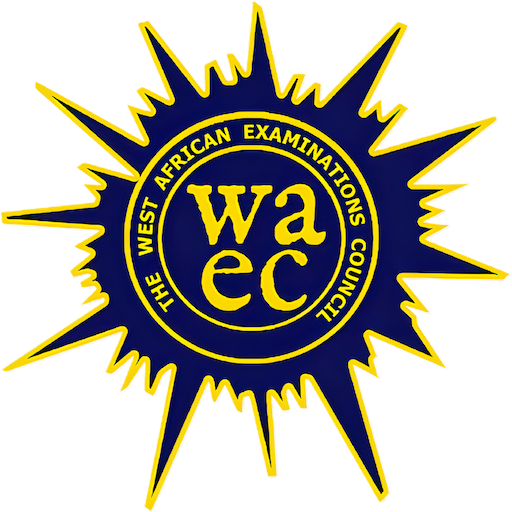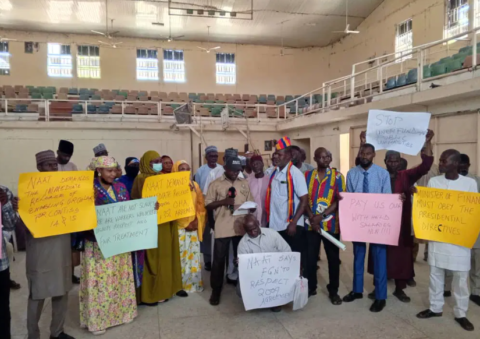The West African Examinations Council (WAEC) has announced new updates to the compulsory subjects and registration requirements for candidates preparing for the May/June 2026 West African Senior School Certificate Examination (WASSCE). The council explained that the adjustments are part of the ongoing efforts to align the examination structure with the federal government’s revised curriculum for senior secondary schools.
Speaking at a press briefing after the 63rd Annual Meeting of the Nigeria National Committee of WAEC in Umuahia, the Head of the National Office, Dr. Amos Dangut, clarified concerns raised by schools and students about subject combinations. He stated that science students are fully eligible to register for Economics as an elective, adding that no candidate will be restricted from choosing subjects outside their primary field, as long as the overall combination aligns with the examination guidelines.
Dr. Dangut noted that the subjects available for the 2026 examination have now been grouped into core, science, humanities, business, and trade fields. Under the new structure, five subjects have been identified as core, but only English Language, General Mathematics, and one trade subject will be examined in 2026 and 2027. The remaining two core subjects, Citizenship and Heritage Studies Education and Digital Technologies, will not be tested until 2028 because their curricula and syllabi are still being developed. Candidates for the 2026 and 2027 examinations will therefore register for these three compulsory subjects and then select the remaining subjects needed to complete the required eight or nine subjects for the examination.
He explained that trade subjects have also undergone a review. Although the number has been reduced from twenty-six to six, some subjects were renamed while their content and syllabi remain unchanged. Candidates will be examined based on the existing curriculum despite the updated titles.
Dr. Dangut emphasized that WAEC is not responsible for curriculum development or review, noting that this function belongs to government education agencies. WAEC’s role, he said, is limited to assessing students based on the approved curriculum. He cautioned the public against attributing curriculum changes to the council.
On the planned migration to computer-based testing, Dr. Dangut said schools across the country have been placed into categories to ensure a smooth transition. Some schools, particularly those in urban areas, may adopt full CBT immediately, while others will use a blended approach or continue with the traditional pen-and-paper format during the transition. He assured candidates that no student will be denied the opportunity to sit for the 2026 WASSCE, regardless of their school’s CBT readiness. He also confirmed that exam centres will not be more than two kilometres from candidates’ homes, to reduce stress and ensure accessibility.
As part of efforts to maintain assessment standards, WAEC reminded schools to conduct at least three continuous assessment tests for each candidate. The council has extended the deadline for uploading Continuous Assessment Scores on its portal to support schools and ensure a smooth and credible examination process.





